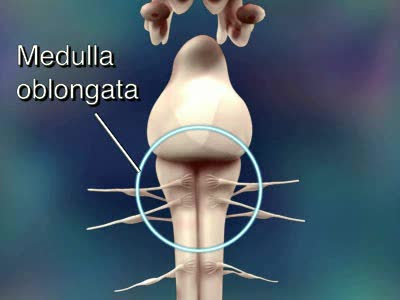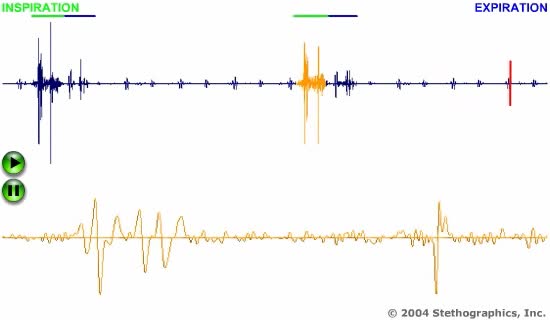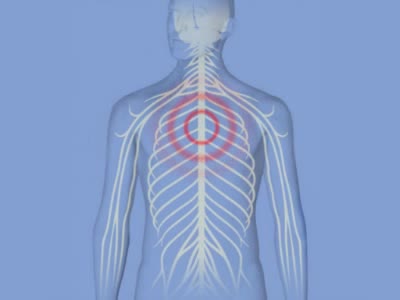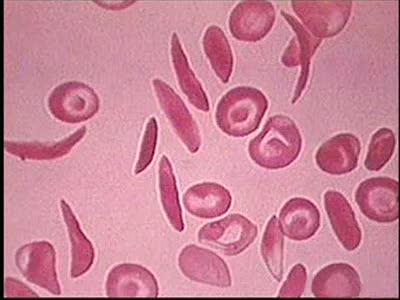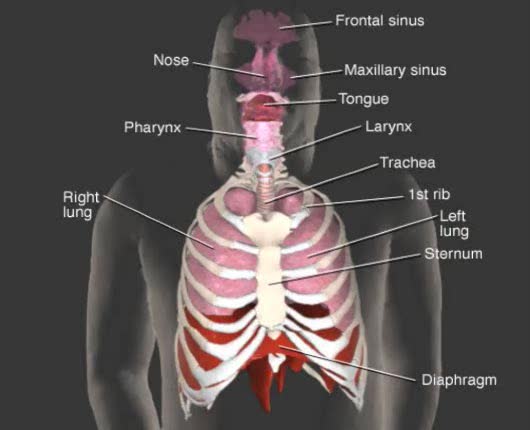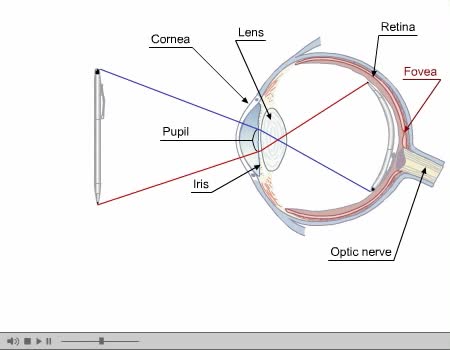Search Results
Results for: ''
By: Administrator, Views: 14422
Cardiac dysrhythmias are a problem with the rate or rhythm of your heartbeat caused by changes in your heart’s normal sequence of electrical impulses. Your heart may beat too quickly, called tachycardia; too slowly, bradycardia; or with an irregular pattern. Dysrhythmias can range from complete...
Central Nervous System Animation
By: Administrator, Views: 14535
Consists of the brain and spinal cord. CNS receives impulses from throughout the body processes the information responds with an appropriate action Brain and spinal cord can be divided into: gray matter (unsheathed cell bodies and true dendrites) white matter (myelinated nerve fibers) ...
Lung Sounds Animation (1 of 5)
By: Administrator, Views: 368
83_cr_aRespiratory rates for some different age groups: Newborn 30 – 80/min 1st year 20 – 40/min 5th year 20 – 25/min 15th year 15 – 20/min Adult 12 – 20/min
By: Administrator, Views: 14302
Shock is a life-threatening condition in which delivery of oxygen to the organs is low, causing organ damage and sometimes death. Blood pressure is usually low.
Introduction to Sickle Cell Anemia
By: Administrator, Views: 14905
Sickle cell anemia (sickle cell disease) is a disorder of the blood caused by an inherited abnormal hemoglobin (the oxygen-carrying protein within the red blood cells). The abnormal hemoglobin causes distorted (sickled appearing under a microscope) red blood cells.
By: Administrator, Views: 493
Respiratory system: nose pharynx larynx trachea bronchi lungs Respiratory system’s primary function: Furnish oxygen (O2) for use by individual tissue cells and take away their gaseous waste product, carbon dioxide (CO2), through act of respiration. External respiration Lungs are vent...
Optic Nerve and Optic Disk Animation (Part 1 of 2)
By: Administrator, Views: 14456
Inner Layer Blind spot: the absence of rods and cones in the area of the optic disk creates a blind spot on the retina's surface; the only part of the retina that is insensitive to light. Inner Layer The eye contains approximately 120 million rods that are sensitive to dim light. The rods ...
Interview with an Anorexic Woman (Part 1 of 2)
By: Administrator, Views: 14560
Anorexia is a psychological disorder that affects an individual’s relationship with food and causes an unrealistic view of one’s body image. It affects both men and women of all ages but is more prevalent in women, with 0.3 – 1.0% of all women being affected. The age of onset tends to be mi...
By: Administrator, Views: 14427
How nurses check a patient's blood pressure. Blood Pressure The pressure exerted by the blood on the walls of the arteries. Higher (systolic) number: the pressure while the heart contracts. Lower (diastolic) number: the pressure when the heart relaxes between beats. Measured by a sphygmoma...
Advertisement




